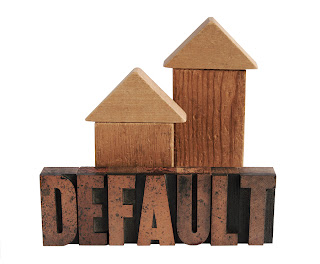The answer is Definitely Yes! Before you start looking to purchase a new home or condo, you should review your finances, discuss your home loan options, figure out how much you can afford, and get pre-qualified. Getting Pre-qualified is a simple process thatwill put you in a much better position because you will have the confidence to move forward with a purchase and it will give you significantly more negotiating power when purchasing.
What does it take to get pre-qualified for your loan? Not as much as you might think... With a short phone conversation, we can briefly review information about your employment, debts, income, and assets. We can also look at your credit profile, discuss your down payment options, and cover the different loan programs that can work for you.
Once you get pre-qualified, your loan officer will give you what's called a Pre-Qualification Letter. This letter states that, as your loan officer, they have reviewed your finances and can get you qualified for a loan up to a certain amount. The whole process is simple and to the point,the paperwork is kept to a minimum, and generally your loan officer can provide most clients with a "Pre Qual letter" within about 15 minutes.
Once pre-qualified then you can go out and find the home or condo that catches your eye. Once you and you decide on "the one", being pre-qualified for your mortgage will do a couple of things. First, it lets you know in advance how much you can offer. Second, your real estate agent(me) wil submit your mortgage prequalification letter with your offer so that the seller knows that a lender has reviewed your situation and that you can afford the home.
It puts you in the best possible position and gives you the most negotiating power when buying a house, so make sure you get qualified in advance.
Contact me if you have any questions or need any help,
Oliver Graf
Real Estate Expert
http://www.ThinkOG.com











